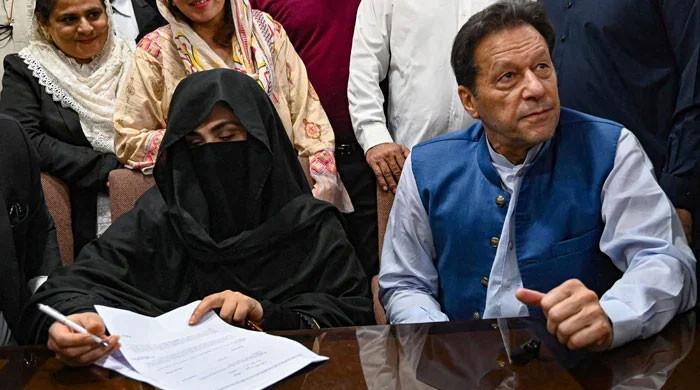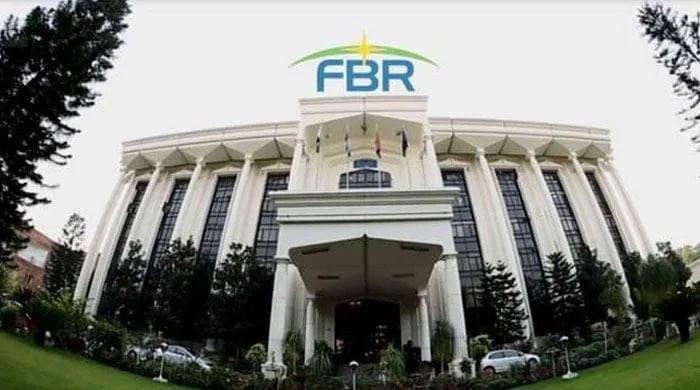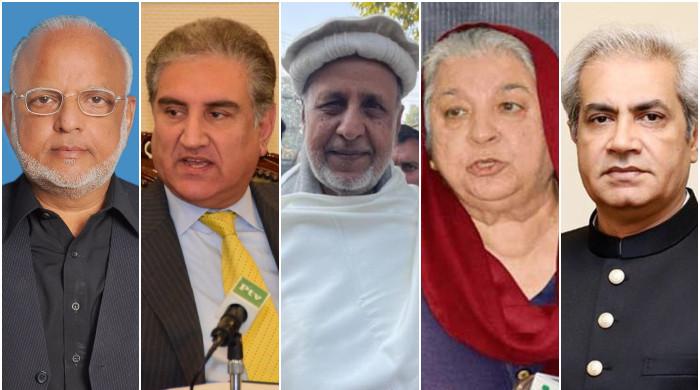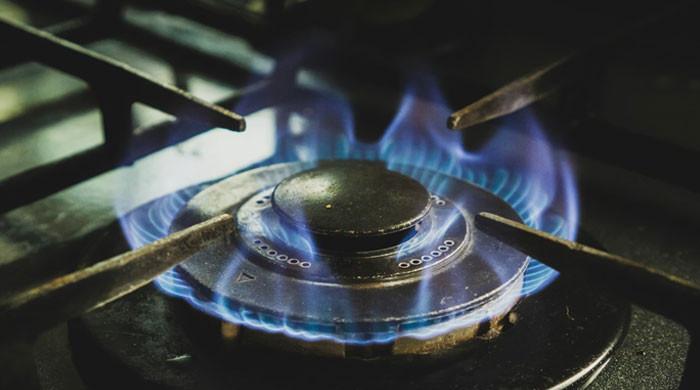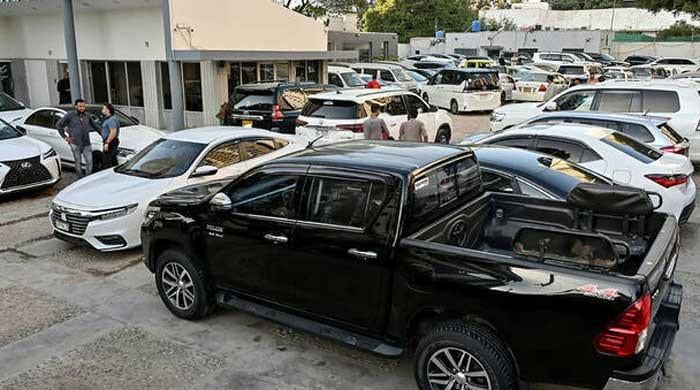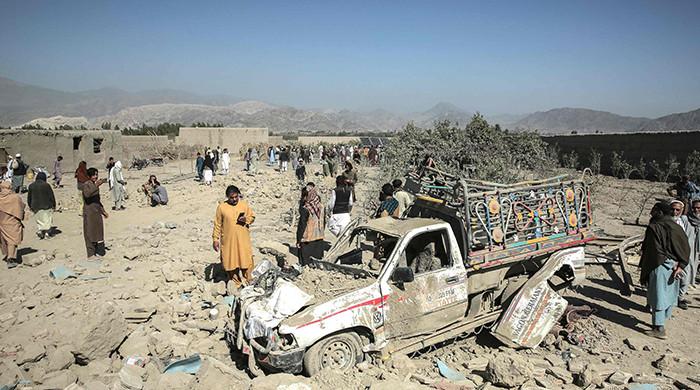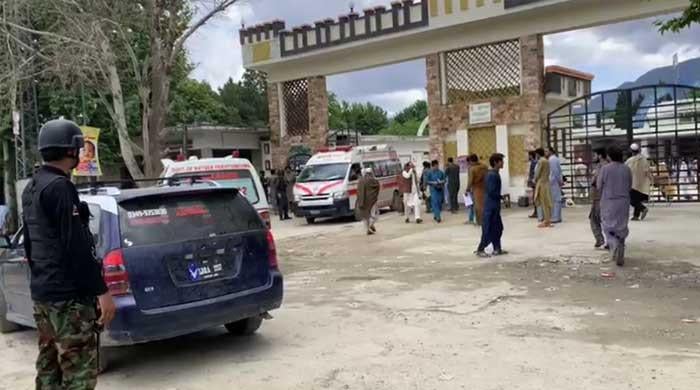Pakistan welcomes tourists after lifting coronavirus emergency
Country's tourist spots reopened after nearly five months of closure to revive an economy buckled under the weight of coronavirus
August 09, 2020
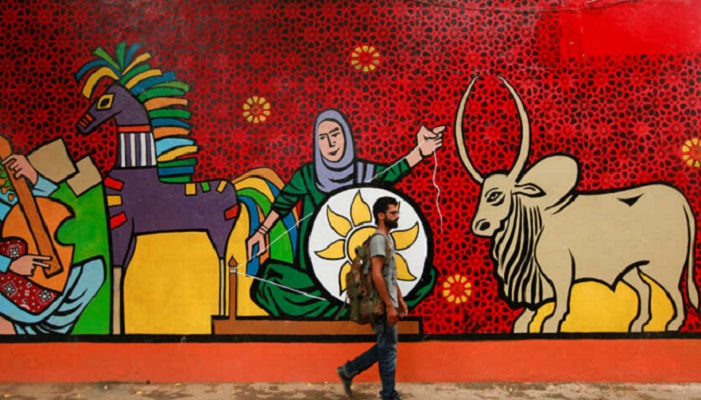
ISLAMABAD: After the government lifted coronavirus restrictions across the country, the tourism sector is seen coming out of the lurch after a hiatus of five months.
Tourist destinations all over the country — including the federal capital — are slowly reopening and gearing to welcome visitors under the safety measures outlined by the government.
The step has been taken to revive an economy buckled under the weight of coronavirus pandemic.
According to visitors, cultural spots have also begun to reopen their doors with fewer crowds and new rules with a large number of visitors seen wearing protective masks.
A number of tourists on Sunday flocked to Naran, Kaghan, Nathiagali, Murree, Swat, and other tourist destinations in the Hazara division where police along with officials of health departments were on the road to facilitate the guests, visitors added.
While speaking to APP, Sami Shabir, a visitor in Murree, expressed his happiness saying: "After lockdown restrictions eased around the country, our favorite places are reopening their doors to welcome us once again."
A group of youngsters in Murree regretted that a large number of people flocked to popular tourist sites and major cities over the weekend, despite warnings from health authorities that the risk posed by the coronavirus pandemic remains far from over.
Read more: COVID-19: Tourists can enter Gilgit tomorrow after showing medical reports
Another tourist, Bilal Malik, while travelling to Naran and Kaghan commented that the reopening of the tourism sector is vital to the country’s economy and this would help compensate businesses for the lost income and would help the country’s economy recover faster.
Many of the country’s restaurants that were shuttered only days ago also appeared to be doing a brisk trade, with several requiring reservations to enter, he added.
He further said that the country "needs tourism", and with safety measures enforced at both the traveller's origin and place of destination, the government can ensure that tourists are safe and that they do not bring “any risk to these places".
A 50-year-old citizen, Suleman Javed, said that the health department in a notification had already directed visitors to ensure the use of sanitiser while visiting parks, museums, historical and other places to avoid contracting COVID-19.
He said people should prefer online booking of rooms and tickets to minimise the risk of exposure to the coronavirus.
COVID-19 risk stands far from over, warn medical experts
As the government announced the lifting of curbs, medical experts warned that it would cause another spike in cases, Arab News reported.
The varying restrictions, imposed in March, including the closure of schools, marriage halls, cinemas, international and domestic flights, helped the country bring down the death toll and the recovery rate to over 85%.
Read more: Medical experts warn of spike in COVID-19 cases as Pakistan lifts curbs
Following this, the government, on Thursday, had decided to lift these curbs beginning next week and reopen educational institutions next month on September 15.
Head of infectious diseases at the Pakistan Institute of Medical Sciences (PIMS) Islamabad, Dr Nasim Akhtar, talking to Arab News, had said that patients had started coming into his facility's coronavirus ward after Eid-ul-Adha which was observed last week.
“Cases registered a sharp increase after Eid-ul-Fitr, and this can happen now again with the lifting of the lockdowns,” she said.
Akhtar was of the opinion that the government should have halted the reopening of restaurants and other public spaces for at least another two weeks.
“This is a bit early, and may worsen the situation again,” Akhtar said.
Dr Qaiser Sajjad, secretary-general of the Pakistan Medical Association said that the next week was pivotal as only a week had passed since the Eid holidays.
It is pertinent to note here that the incubation period of the coronavirus is 14 days.
Echoing Dr Akhtar's concerns, Dr Sajjad said that the move taken was in a "hurry".
The medical expert said that Spain and the United States have seen a record increase in deaths and infections after lifting the restrictions imposed to curb the pandemic.




